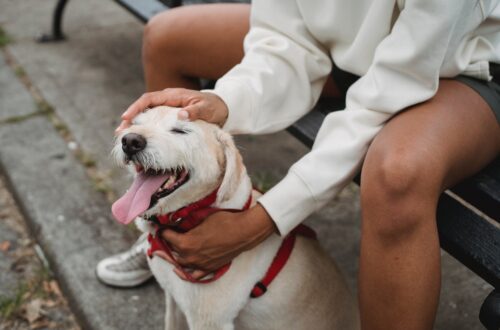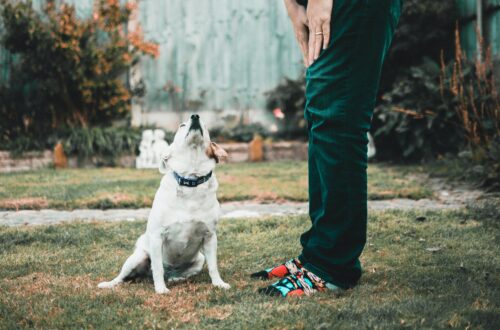Why tracking your dog’s calories matters
Why is it so vital to measure your pet’s food and know how many calories they consume each day? Because the obesity rate among pets in the United States (and many other nations) has reached epidemic proportions.
Obesity in pets can lead to additional health problems including osteoarthritis in dogs and diabetes in cats. While overfeeding a pet on their regular diet isn’t the sole problem, it’s a significant one – and one that’s usually simple to change.
Measuring your pet’s food has numerous advantages. For starters, your pet will be in much better health. Your veterinarian will be able to examine your animal more easily, and blood work findings will be more accurate. Furthermore, because prescriptions are dispensed according to weight, you not only have to administer less medication (which is extremely helpful with cats! ), but you also save money.
Because of how pharmaceuticals are distributed throughout the body, some are based on your pet’s actual weight, while others are based on your pet’s optimal body weight. If your pet is overweight or obese, your veterinarian will have to make educated guesses about what their ideal weight should be. As a result, they may be safe if they use a slightly larger weight than your pet’s genuine ideal. This can have a significant impact on pharmaceutical costs. Heartworm and flea/tick prophylaxis are usually more economical for people who are underweight. If your dog is on the borderline between two sizes, even a few pounds can make a difference in the dose they receive. Finally, because you are not overfeeding your pet, you will save a lot of money on pet food because you will not go through a bag or can of food as quickly.





